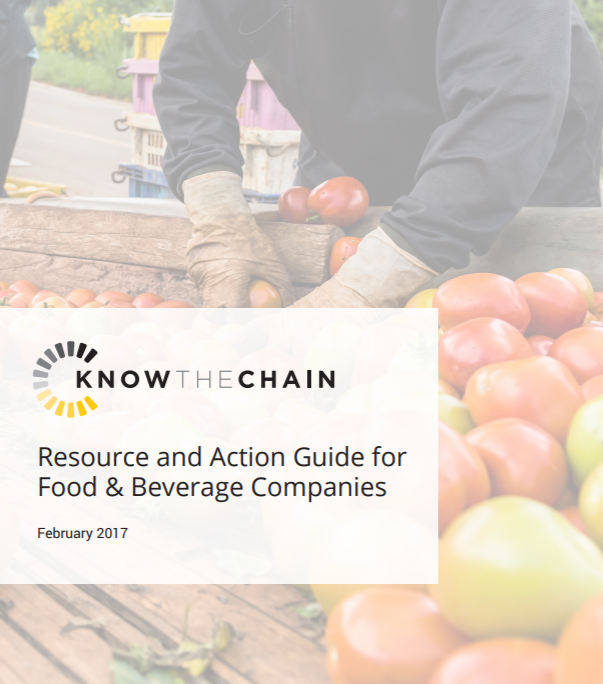Potential Civil Redress in England & Wales – For Victims of Child Sexual Exploitation Abuse In Cambodia
GuidanceThis Toolkit provides an overview of some practical aspects to consider when determining whether it might be possible to seek compensation in the civil courts of England and Wales for victims of child sexual abuse where the conduct occurred in Cambo...Read More

